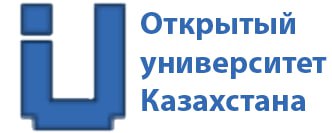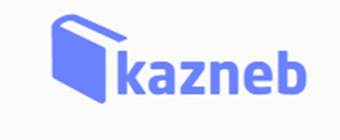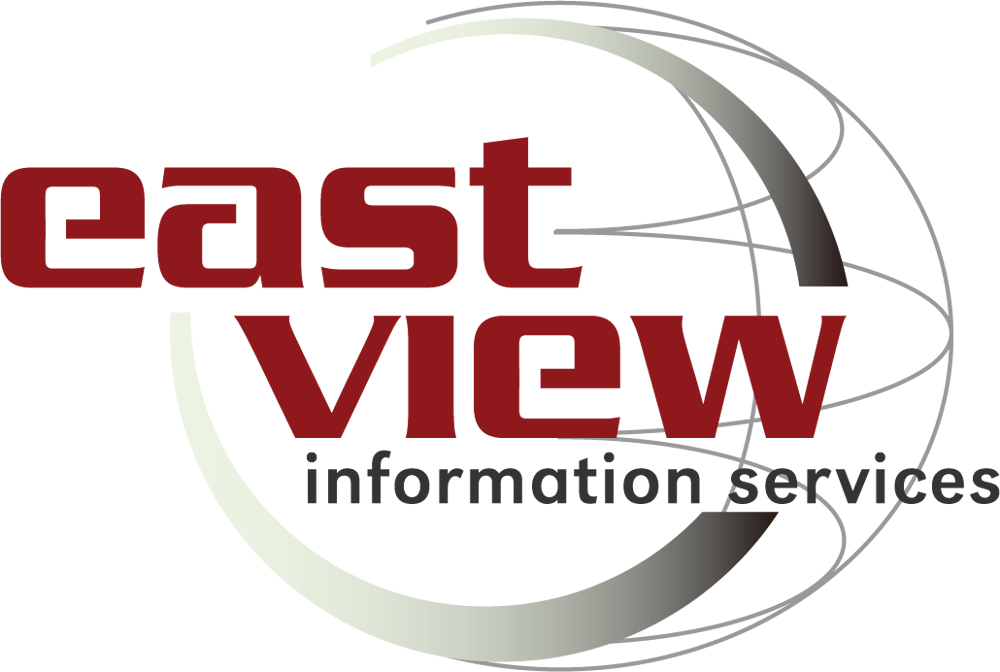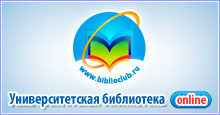How to prepare a publication for an international scientific journal
The webinars of this series are conducted by Valeria Kurmakaeva.
1. Basic requirements for publications in international journals
The expectations of the editor. The main reasons for refusals to publish. Working with revisions of reviewers. The structure of the scientific article. Practical advice on writing the main sections. Distinctive features of academic English. Drawing up an annotation. Writing headers. Choice of keywords.
- 12 April, Monday 08:00 (Moscow time)
- April 13, Tuesday 14:00 (Moscow time)
- April 14, Wednesday 11:00 (Moscow time)
>> Sign up
2. Preparation of side-by-side: organization and editing of the text, work of the editor
Basic principles of organizing the text of a scientific article; argumentation in the English-speaking tradition; how to edit text at all levels of its organization; principles of auto-editing; what is the editor’s job.
- 12 April, Monday 11:00 (Moscow time)
- April 13, Tuesday 08:00 (Moscow time)
- April 14, Wednesday 14:00 (Moscow time)
>> Sign up
3. Capabilities of EndNote for working with bibliography
Build your own bibliographic database using EndNote Online. Sort records, create groups and control access to them. Using bibliography design templates. Using the Cite-While-You-Write Module for Microsoft Word and creating a bibliography directly while writing the text.
- 12 April, Monday 14:00 (Moscow time)
- April 13, Tuesday 11:00 (Moscow time)
- April 14, Wednesday 08:00 (Moscow time)
>> Sign up
Basic features of Clarivate resources for research activities
The webinars of this series are conducted by Irina Tikhonkova, Ph.D.
1. Web of Science Core Collection: Classic and New Interfaces
Since the new year, the Web of Science platform is available to users in two interfaces. In this webinar, we will compare the familiar classic and new interfaces, analyze the familiar and new capabilities of these interfaces. We will show you how to register your profile and provide yourself with remote access to the Web of Science. Find and analyze scientific literature on a specific topic using truncation symbols, replacements, search operators, related records. We will determine which journals have the most publications on this topic, which works are most in demand, which organizations and scientists are successfully working on this topic, and which funds have funded similar research. Let’s save the found information in a convenient format. We will share the information we have found with our colleagues and set up notifications about the arrival of new works.
- April 19, Monday 08:00 (Moscow time)
- April 20, Tuesday 11:00 (Moscow time)
- 23 April, Friday 14:00 (Moscow time)
>> Sign up
2. Scientific journals: the good, the bad, and the predatory
One of the most pressing questions for researchers is the choice of journal for publication. Choosing the right publication allows you to demonstrate achievements, gain recognition in the scientific world, while publication in a predatory journal can negatively affect your career. The history of scientific journals began in 1665. At the webinar, we will consider the following questions: how magazines have changed, their formats and business models; how journals are selected in the Web of Science; what is the impact factor, what modifications are there, why a quartile is needed, why not all journals have them; how, by whom and why “other impact factors” are “calculated”; what are the signs of a good magazine; what types of predatory magazines are there how not to fall prey to them? And we will consider how to select and save lists of journals from free publications using: Web of Science Core Collection, Manuscript Matcher (Master Journal List), Journal Citation Reports.
- April 19, Monday 11:00 (Moscow time)
- April 20, Tuesday 14:00 (Moscow time)
- 23 April, Friday 08:00 (Moscow time)
>> Sign up
3. Possibilities and functions of the author’s profiles of the scientist
Each scientist must periodically demonstrate his results, for example, at regular certifications, and also often faces the need to search and analyze the achievements of his colleagues. In this case, difficulties may arise with identification and correct assessment, the reasons for this may be variations in transliteration of a common surname or its change. The webinar will consider: capabilities, functions, creation, adjustment, advantages and disadvantages of the main authoring profiles Publons, Orcid, ResearchGate, Google Scholar. How to present your work, is it possible to post the full texts of your articles, how to increase the citation rate of publications, why is my work not visible in the organization’s profile, and why is the Hirsch index different in different databases? About publications, citations, impact factors, journal quartiles and the new beamplots in the scientist’s profile in the new Web of Science interface.
- April 19, Monday 14:00 (Moscow time)
- April 20, Tuesday 08:00 (Moscow time)
- 23 April, Friday 11:00 (Moscow time)
>> Sign up
Scientific analytics: Web of Science and InCites
The webinars of this series are hosted by Varvara Sosedova.
1. Additional opportunities for searching and analyzing information on the Web of Science platform
Search and analysis of information in specialized databases and regional indexes on the Web of Science platform (Russian Science Citation Index, Medline, etc.). Advanced search capabilities in the Web of Science Core Collection, search by organization and research area. Composing search queries using search fields and boolean operators. Search in the cited bibliography (how to find out the citation in the Web of Science Core Collection of your documents that are not indexed in the database).
- April 27, Tuesday 07:00 (Moscow time)
- April 28, Wednesday 14:00 (Moscow time)
- April 29, Thursday 10:00 (Moscow time)
>> Sign up
2. Review of the analytical tool InCites: assessment of countries, foundations, organizations
The analytical tool InCites, based on data from the Web of Science Core Collection, allows you to assess using not only absolute, but also normalized indicators. At the webinar, we will learn about the main features and updates, as well as the metrics used for analysis. We will conduct a comparative assessment of the effectiveness and efficiency of publication activity by country, analyze the funds and research areas. Let’s create basic and custom reports, export data.
- April 27, Tuesday 10:00 (Moscow time)
- April 28, Wednesday 07:00 (Moscow time)
- April 29, Thursday 14:00 (Moscow time)
>> Sign up
3. Analysis of the publication activity of the organization in the Web of Science and InCites
In this webinar, we will figure out what opportunities for assessing the performance of an organization are in Web of Science and the InCites analytical tool. We will draw up a report on the organization in InCites, find out which directions, collaborations and authors are the most promising. Let’s analyze the magazines in which employees are published.
- April 27, Tuesday 14:00 (Moscow time)
- April 28, Wednesday 10:00 (Moscow time)
- April 29, Thursday 07:00 (Moscow time)
>> Sign up






















